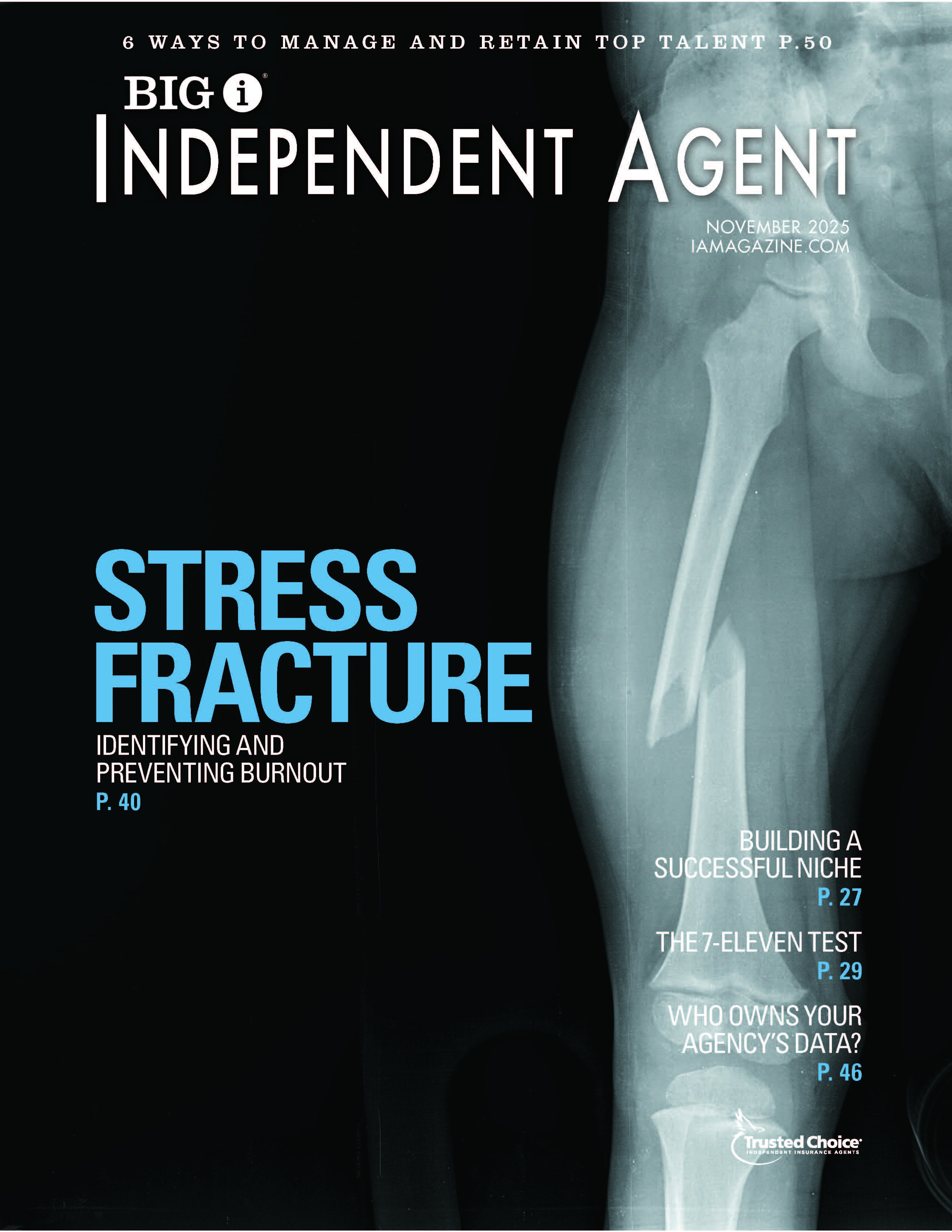Are Tax Stamps Valuable Papers or Money and Securities?

By: Big “I” Virtual University Faculty
A commercial client’s tax stamps—small adhesives that are affixed to each tobacco package to show that the tax has been paid—were previously insured as valuable papers under a company-specific form with $1.5 million in coverage. The policy moved to a new underwriter and the ISO form. Now, the underwriter says that tax stamps are money and securities.
If tax stamps are money and securities, then the client can get only $25,000 for theft coverage under a broadening endorsement. Inland marine does not insure money and securities and theft is excluded under business personal property. Theft could be covered under a crime policy, but there wouldn’t be $1.5 million in coverage if the building burns down.
Q: Are tax stamps valuable papers or money and securities?
Response 1: Tax stamps are securities, according to the CP 72 17 11 12:
16. “Securities” means negotiable and nonnegotiable instruments or contracts representing either “money” or other property and includes:
a. Tokens, tickets, revenue and other stamps (whether represented by actual stamps or unused value in a meter) whether or not in current use; and
Since stamps are included in the definition of securities, it will be subject to this exclusion in CP 00 10 10 12.
2. Property Not Covered
Covered Property does not include:
a. Accounts, bills, currency, food stamps or other evidences of debt, money, notes or securities. Lottery tickets held for sale are not securities;
Stamps are not valuable papers and records under this policy. The $1.5 million limit will not apply. If your limit is insufficient for the exposure, ask the underwriter if there’s a higher limit option. It may cost more to cover this exposure properly.
Response 2: Tax stamps are not legal tender, but rather proof that some form of legal tender has been remitted to taxing authorities. I would come down on the side of them being classified as valuable papers. But that’s just my opinion.
Have you asked your underwriters what position they take on it? If they would schedule them with a monetary value assigned, the issue would seem to be resolved. Another option is to consult an attorney to investigate any relevant case law in your state. There may be someone in state government, probably in the tax department, who can help.
Response 3: It’s whatever the taxing authority calls it and if it fits a definition in the policy, it doesn’t matter what the taxing authority says.
Response 4: It’s a question similar to one we’ve answered in the past having to do with state lottery tickets—not exactly, but some of the same principles apply.
First of all, you need to understand exactly what your client will lose if the stamps are lost, damaged or stolen. The answer to that question comes from the contractual relationship between your client and the governmental entity that issues the stamps. If they’re destroyed, will your client lose the face amount of the stamps or just some administrative fee for replacing them? That answer will determine the amount of coverage needed.
Then you need to work with the underwriter to determine what coverage will apply. If you apply the definitions found in most policies, as well as in the dictionary, tax stamps are neither “money” nor “securities.” But if the underwriter insists on defining them as such, document that carefully and get on with your life.
This question was originally submitted by an agent through the Big “I” Virtual University’s (VU) Ask an Expert service, with responses curated from multiple VU faculty members. Answers to other coverage questions are available on the VU website. If you need help accessing the website, request login information.
This article is intended for general informational purposes only, and any opinions expressed are solely those of the author(s). The article is provided “as is” with no warranties or representations of any kind, and any liability is disclaimed that is in any way connected to reliance on or use of the information contained therein. The article is not intended to constitute and should not be considered legal or other professional advice, nor shall it serve as a substitute for obtaining such advice. If specific expert advice is required or desired, the services of an appropriate, competent professional, such as an attorney or accountant, should be sought.










